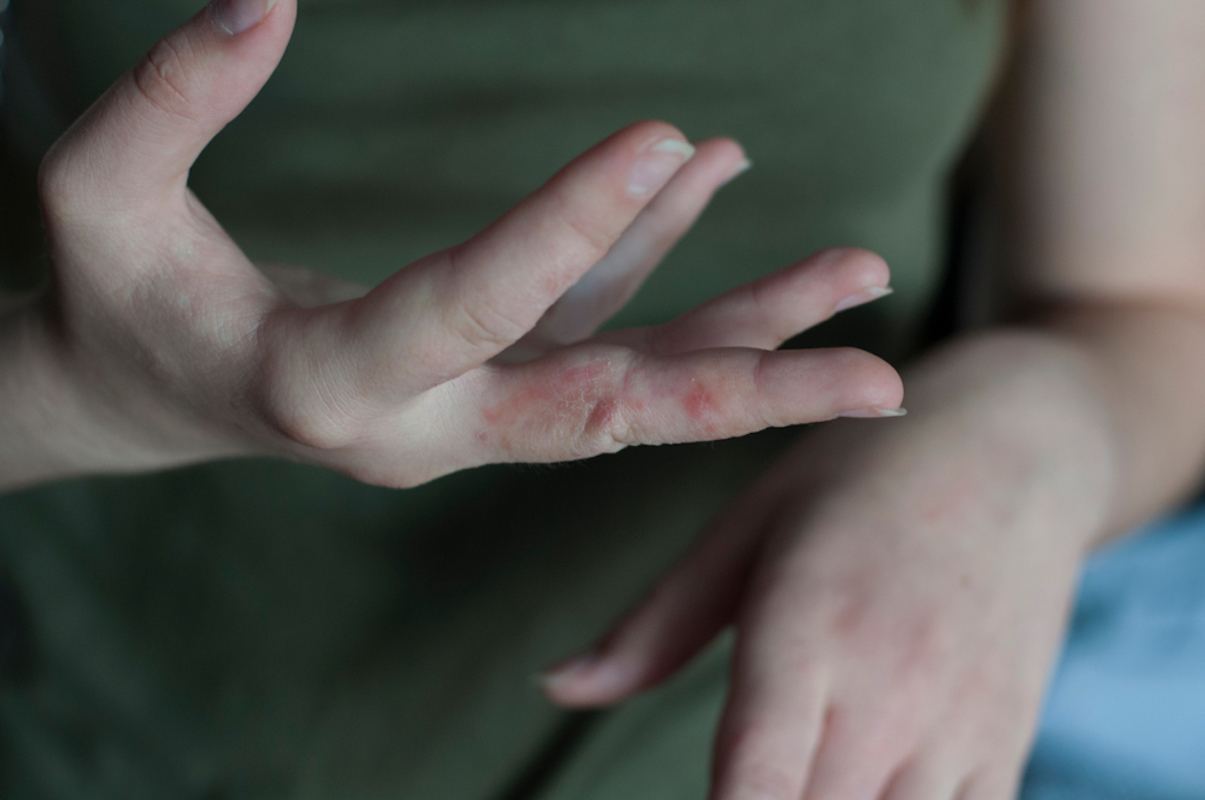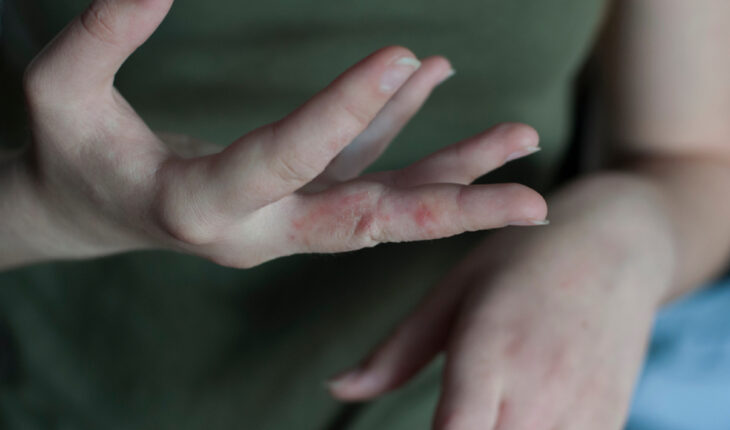Get Diagnosed First
Once you notice the (first) symptoms, it’s important you start treating them as soon as possible, as this can be quite the battle. Before you start running to the local pharmacy to buy antibiotics, it is important to call your healthcare provider and do a full exam. Your healthcare provider should observe all infected areas on your body, after this he or she will set up a treatment plan. Side note: before you visit your healthcare provider, make sure to tell them you think it might be scabies, this way they can prepare themselves and wear the right equipment once you visit. Believe me, you don’t want to infect your healthcare provider.

How Can I treat It?
The moment you are diagnosed with scabies, your healthcare provider will immediately start a treatment plan. As you probably expected, this includes prescribed medication. This usually involves ointments, creams, and lotions that you must apply to the infected skin. This makes the infection disappear. In addition, there are also medications that you have to take orally. Often recommended medications to treat scabies are:
- Permethrin cream
- Benzyl benzoate lotion
- Sulfur ointment
- Crotamiton
- Lindane lotion
It’s very important to listen to your healthcare provider and do exactly as instructed. Ignoring this will slow down or even reverse the process. Chances are that during the first few days of treating scabies, the symptoms get worse. Don’t worry, because, after this, the itching and other symptoms will get less and less. After 4 weeks, the symptoms should be cured. Are your symptoms still present after 4 weeks? Call your health care provider. Note that the itchy skin may last longer than 4 weeks. For more information about scabies and how and where to get treatment, start your online research here:

